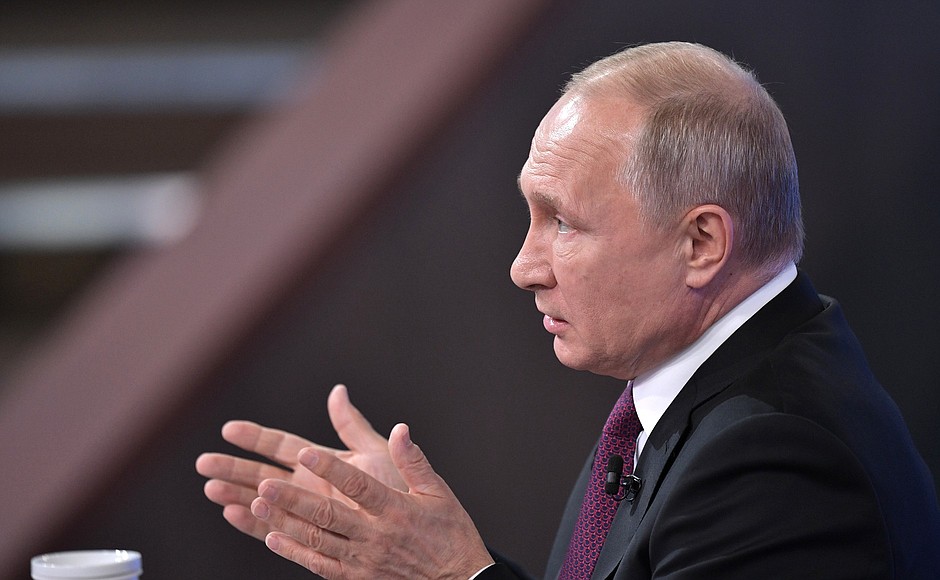Developing an inclusive, multilateral approach in the global south is not only possible but achievable in the near future
The 15th Brics Summit took place two months ago in Johannesburg — the first post the Covid-19 pandemic. The outcomes have sparked a wide variety of engagements globally.
Several developments came out of this major gathering. One of the biggest was what is known as “de-dollarisation”. This is centred around moving away from heavy reliance on the currency and the country which has historically, and contemporarily, continued to dominate trade, the US. This reliance on the US has been a growing issue, posing multiple socio-economic and political challenges for developing countries in the global south.
Three of the biggest reasons why the United States of America’s dollar has remained superior globally are its open capital markets, rule of law and long-standing and deeply entrenched financial instruments. This, of course, has come at the expense of “developing nations”, also known as low and middle-income countries, which are exploited by Western countries through their laws and the imposition of sanctions and fines.
Moreover, since developed/Western countries have found different ways to dominate and exploit developing countries, this has resulted in most countries in the global south digging themselves into debt which ends up granting power and control of their countries’ resources to developed countries.
Therefore, adopting a de-dollarisation strategy creates a way for these exploited countries to lessen the reliance their governments have on aid provided by the dollar as this aid is attached to risks to civil society.
Furthermore, although multilateralism is not a new approach to global economics — it has a history that dates back to World War ll — it has been flawed since it has been led by the US with agreements that benefited mainly Western countries.
This time around, according to a research paper written by Heinrich-Böll-Stiftung on “Shaping the Future of Multilateralism”, multilateralism will help provide a balance between more intra-African (formal) and cross-border (informal) trade. Doing so would create the necessary shift away from reliance on the West. This argument was recently emphasised at the Friedrich-Ebert-Stiftung dialogue on 2 October 2023, in South Africa, on the future of multilateralism, not only in South Africa, but the entire global south.
The key supporting arguments that emanated from it regarding the future of multilateralism were centred around the values of multilateralism: collective development, commitment to sustainability, solidarity and mutual accountability.
This social and political project was collectively identified as one which would advance the global south economically, politically and socially as these countries relate to one another when it comes to global governance and the direction it should take.
What is interesting about this approach to global governance is that it does not focus on a “one-size-fits-all” ideology but rather the improvement of quality of life through collective action and various forms of internationalism.
This powerful multilateralism approach, along with its de-dollarisation strategy, has encouraged more countries in the global south, such as Argentina, Egypt, Ethiopia, Iran, Saudi Arabia and the United Arab Emirates, to join as full members of Brics in 2024. All these countries were able to identify major faults in the Western financial institutions, the International Monetary Fund
and the World Bank, including not having the best interests of the global south at heart.
It is on this basis that Brics countries seek to be able to provide development aid for themselves. When analysing this bloc expansion, one could say that there is a possibility of these different nations not getting along or agreeing on major decisions, especially long term.
However, the pros outweigh the cons when it comes to the relationship between these states, considering that they have common goals: to reduce the dominance of the US dollar in international trade and bypass the Western-style political economy and its exploitative financial regimes. Working towards these will enable more accessible international trade avenues.
One of the main tools for the expansion of the Brics bloc is the New Development Bank (NDB), a multilateral development bank established by Brazil, Russia, India, China and South Africa in 2014 to mobilise new investment opportunities, support economic growth across these countries and finance physical and digital infrastructure.
In a nutshell, by establishing the NDB, Brics seeks to expand the economies of developing countries which have been misrepresented by the Western monetary system as the multilateral system failed the global south.
Although it might take years for this collaboration to be fully effective, developing an inclusive multilateral approach, along with the banking and financial infrastructure to support a common currency among these nations, is possible. These nations are a step closer to living away from heavy reliance on the West.
A lot can be achieved when countries with similar challenges unite. Therefore, it is safe to consider the Brics expansion one of the most important collaborations in history.
Oyisa Sondlo is a PhD sociology candidate at the University of the Free State and an intern at Friedrich-Ebert-Stiftung.





















Discussion about this post